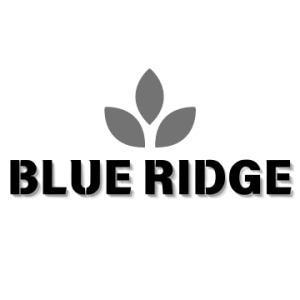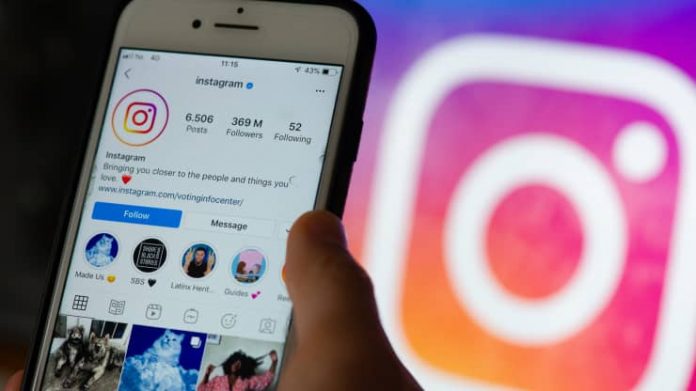KEY POINTS
- Influencers who long relied on Instagram and Facebook to connect with users, advertise and sell products are rethinking where they post content after Monday’s outage.
- CNBC spoke with ten creators and small business owners who use a combination of Instagram, Facebook and WhatsApp, and said losses ranged from a few hundred dollars to at least $5,000.
- The outage comes as Facebook and Mark Zuckerberg push investments in content creation to woo influencers from the likes of TikTok.
Lakinya Francis is building a LinkedIn account, Haley Sanchez is expanding her email list and Michael Elefante plans to build out his website.
“We get so fixated on what’s working and that’s fine but we need to have a backup plan, especially when we’re relying so much on technology,” said Francis, who runs a consulting company that helps people make money through vending machines.
Influencers who have long relied on Instagram and Facebook to connect with fans, advertise and sell products, are rethinking where they post their content after suffering losses when the company’s platforms went offline for several hours on Monday.
CNBC spoke with 10 online creators and small business owners who use Facebook, its Instagram or WhatsApp services, or a combination of all three for this story. Each of their estimated losses during Facebook’s outage ranged from a few hundred dollars to over $5,000 from sales, affiliate links, sponsored posts and product launches.
It’s a demonstration of just how big Facebook’s influence is over the online economy. Even a small outage means losses for people who rely on Facebook services to do their work or advertise their products. But a record six-hour outage is even worse.
Zuckerberg’s investment in creators and small businesses
Facebook’s vice president of infrastructure Santosh Janardhan apologized for the mass outage in a blog post late Monday. Janardhan blamed “configuration changes on the backbone routers,” for taking services down, but did not specify what changes happened.
More than 200 million businesses actively use Facebook’s tools and numerous content creators rely on Instagram for sponsored posts, affiliate links, and sales revenue. And the outage occurred as CEO Mark Zuckerberg and Facebook make an aggressive push to incentivize and woo creators from the likes of TikTok, Snapchat, and other social media platforms.
Last year, Instagram launched a short-length video feature called Reels to compete with TikTok, and Zuckerberg recently said the company would pay out $1 billion through 2022 to users who create content for both Facebook and Instagram. Facebook also said it won’t take a cut from creator features like online events and fan subscriptions until 2023, and announced new ways they could make money on Instagram in April.
“Investing in creators isn’t new for us, but I’m excited to expand this work over time,” he wrote on Facebook earlier this year.
Along with a refund, Facebook and Instagram should offer something like double exposure to those who prepaid for advertising on Monday, said Michael Heller, CEO and founder of Talent Resources, a marketing agency that deals with influencers.
Most companies and influencers with campaign posts planned for Monday pushed to Tuesday or even Friday in case of glitches, said Alexa Vogue, vice president of brand partnerships at TTPM Influencer Talent Management. An outage on YouTube or TikTok, where her clients get paid per view, would have caused more financial damage, she adds.
“Yes it was a wake-up call, but in the grand scheme of things influencers that are successful will always be successful,” she said.
The need to diversify
Many creators and small businesses say Instagram is the platform of choice. It’s easy to connect with users through direct messages and stories, and it offers a more focused community of dedicated followers that convert to sales.
Now, the majority said they would focus on building out their website and diversifying what platforms they are using, the influencers CNBC spoke with said. Some used Twitter, TikTok and email to beef up sales and connect with audiences during the shutdown.
Francis, who runs the consulting company, plans to utilize LinkedIn and email lists, a tool that helped her make some sales during Monday’s outage.
For Sanchez, who operates a small candle store, the outage came during a busy season gearing up for the holidays. She regularly uses Instagram to tag products, update customers through stories and divert people to her Shopify store.
“That’s where I’m making my business,” Sanchez said. “I’m not making hundreds of sales a day. I’m a smaller candle company but this is my full-time job. So even if I made three sales that I potentially lost, that’s important to me.”
She used Monday to reach out to customers and build up her email list in preparation for future outages so she can better communicate with customers.
Elliott Elkhoury, who sells resources for real estate investors, estimates he lost $3,000 to $5,000 on Monday between missing traffic to his platform and social media, and the inability to run ads.
Between advertising dollars and branded content, Heller suspects losses from Monday ranged in the hundreds of millions. The financial hit to clients likely spanned $3 million to $4 million dollars, he adds.
Michael Elefante, who runs short-term rentals, and teaches others how to run them, estimates the losses at $1,500 to $2,500 through affiliate links and paid mentorships. Now, he’s going to focus on direct mail messaging and his website.
John Eringman, a financial content creator with over 50,000 followers on Instagram and 1.2 million on TikTok, estimates he lost a few hundred dollars. That came from a combination of book sales and one-on-one coaching sessions through his Instagram.
Eringman has diversified his business by creating a following on TikTok and a website. But if the outage extended into Wednesday, he could’ve lost $2,500 on a sponsored post for Instagram and TikTok.
“There is a lifespan to social media,” he says. “Make sure you are owning your audience rather than letting Facebook or Instagram own your audience.”













